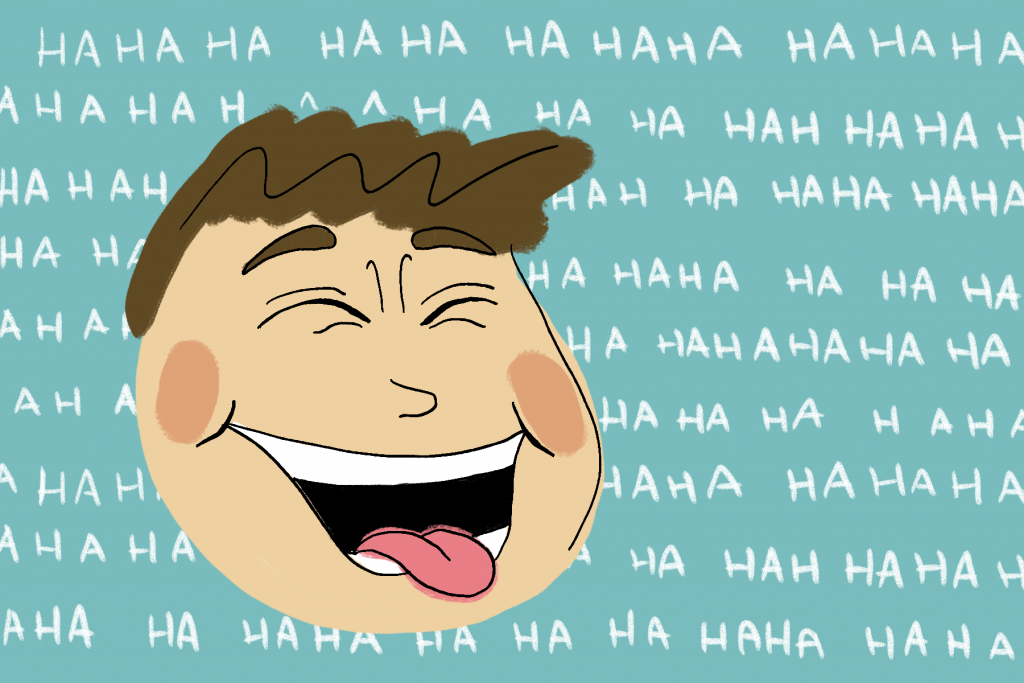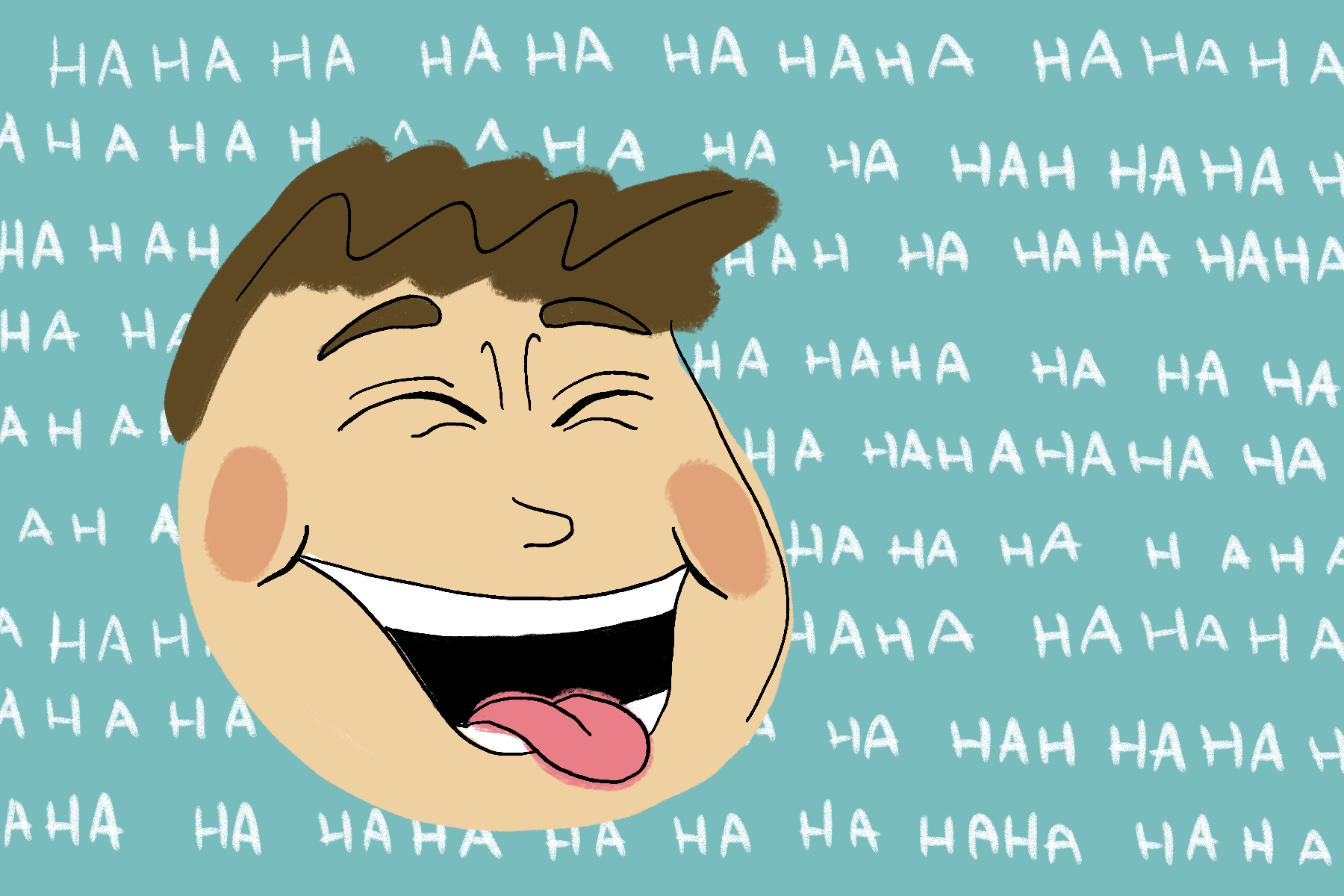An examination of comedy in today’s society where political correctness must always be observed
Comedian George Lopez came under fire for a joke he told at one of his shows on Feb. 4. During a segment, he joked that “there are only two rules in a Latino family: don’t date black people, and don’t park in front of the house.”

In response, a heckler stood up, gave Lopez the middle finger and was subsequently kicked out of the venue. While the woman was being escorted out of the building, Lopez called her a “b*tch” and remarked that “four seats just opened up.”
Taken out of context, Lopez’s comments to the heckler may seem harsh—many people were upset. Most of the outrage, however, has been directed at the joke itself, which many claim is racist. Others have criticized the comedian for his overly mean-spirited and “sexist” remarks to the woman.
The thing is, these were not statements. They were jokes. They were funny jokes too, if you dig beneath the surface. Calling the joke “insensitive” just because he identifies a race in his joke, and ignoring what he means is sensationalizing his intent. I don’t know all the details and intricacies of the Latino community, but if you decipher the joke, it’s obvious Lopez is poking fun at the Latino community and how close-minded some Latinos are when it comes to interracial dating. He goes on to emphasize how ridiculous this is by comparing it to something as trivial as parking in front of the house. This joke works in all the ways a good joke should, and most of the crowd reacted accordingly.
Removing these jokes from their context and slapping them on a headline takes away all the built-up irony and energy from the show. This isn’t the first time a comedy show has been bombarded with such misunderstanding. Every few months, a different comedian is discussed on Good Morning America and, every time, they miss the point completely. In the case of Lopez, as is the case for many situations like his, you can hear the crowd laughing in the video.
Conversations that follow incidents like this usually bring up two questions: who decides what is funny, and what was the comedian’s intention? Comedians are quick to respond because only they can decide what their intentions were with regards to the jokes they told. Deciding who determines whether a joke is offensive—the audience or the comedian—has been an ongoing issue for as long as comedy has been around.
The notion that comedians are responsible for the reactions of others goes against the model of the genre. It’s impossible to predict how an audience member or listener will interpret or react to a joke, and in every case, someone is bound to be offended.
“It’s a very childish era,” comedian Bill Burr noted on his podcast in July 2013. “If I did a joke about chopping a guy’s hand off, you’re telling me that there are people in the crowd who, when they hear that joke, are going to head off and do it?”
Often, comedians will push the limits of what is “acceptable,” just to circumvent expectations. The comedian’s role is to observe and reflect on everyday situations, and to twist them or reveal their absurdities in a comedic and entertaining way. Comedy as an art form exposes the underlying thoughts of a society. To look back on the material of past comedians is to reflect on human history.
Of course, there are times when comedians’ jokes fall flat, but even in those cases, the intention of the comedian trumps the interpretation of the audience. If a joke doesn’t get a laugh, that doesn’t mean it’s suddenly not a joke, but that the comedian needs new material.
Comedy at its finest—the George Carlins, the Jerry Seinfelds, the Louis CKs—presents society without any makeup. Great jokes will always target and comment on society’s biggest issues. Even comedy at its dumbest, at its raunchiest, is a laugh. Comedy is an escape from the daily grind of life, and to confuse that escape with reality is simply ridiculous. When the irony is removed from the situation, the presentation, the delivery, and the comedian, all you are left with is a statement. Statements can be offensive, hurtful, racist, sexist. Jokes aren’t immune to this, but to hold them to the same standard is laughable.




